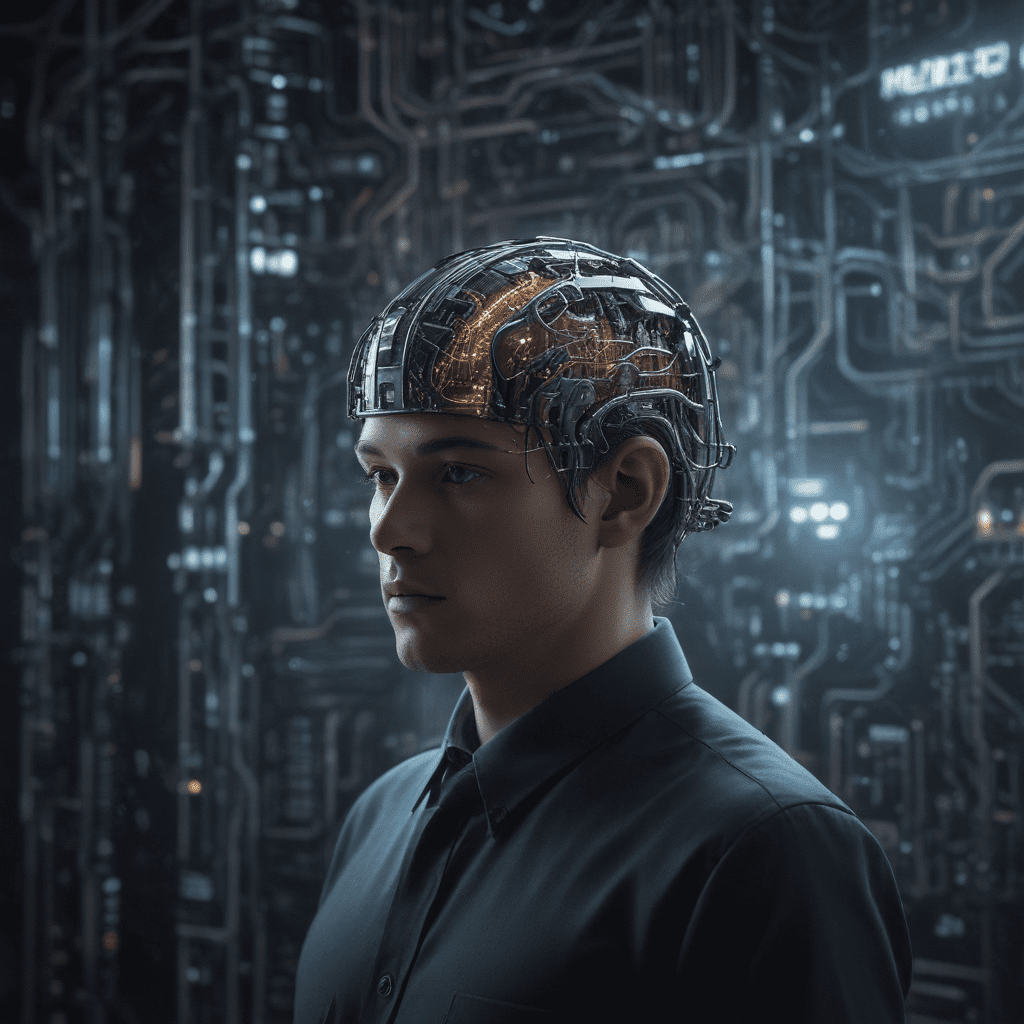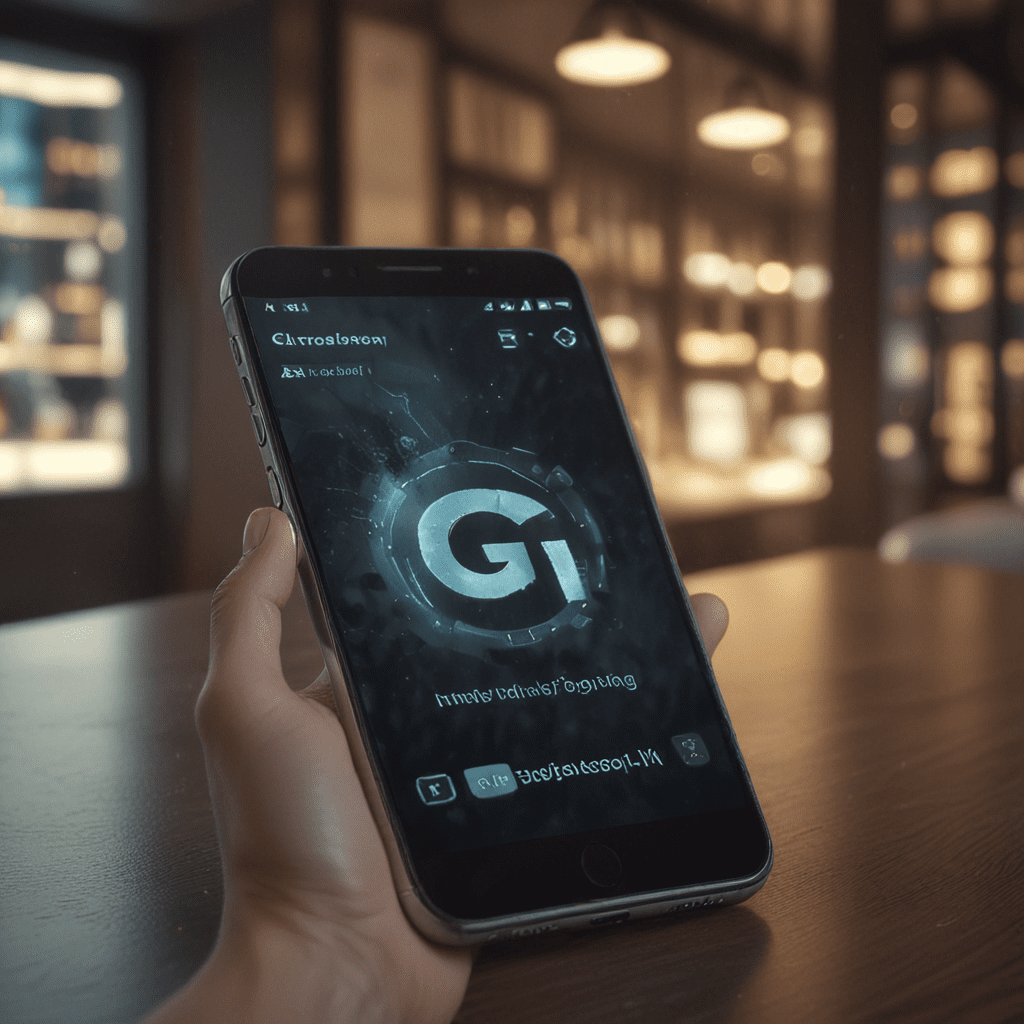The Influence of Machine Learning in Mobile App Development
Introduction
The realm of mobile app development is undergoing a transformative evolution, driven by the profound impact of machine learning (ML). This cutting-edge technology is fueling a myriad of groundbreaking advancements, revolutionizing the way mobile apps interact with users, process data, and deliver personalized experiences. As we delve into the world of ML-powered mobile apps, let's explore some of the key ways in which this technology is reshaping the industry:
1. Personalized User Experiences
ML algorithms have the remarkable ability to analyze user behavior, preferences, and usage patterns, enabling mobile apps to tailor their offerings to each individual's unique needs. By leveraging ML-powered personalization, apps can dynamically adjust their content, recommendations, and interface to create highly engaging and relevant experiences for every user.
2. Predictive Analytics for Enhanced Functionality
ML algorithms can harness vast amounts of data to uncover hidden patterns and predict future outcomes. This predictive power has profound implications for mobile apps, empowering them to anticipate user needs and provide proactive assistance. For instance, apps can leverage predictive analytics to suggest relevant products or services, streamline workflows, and even predict potential maintenance issues before they occur.
3. Automated Testing for Increased Efficiency
The process of testing mobile apps has traditionally been labor-intensive and time-consuming. However, ML is transforming this aspect as well. ML-powered testing tools can automate various testing scenarios, reducing the need for manual testing and accelerating the development process. This automation not only saves time and resources but also enhances the overall quality of the app.
4. Enhanced Security and Fraud Detection
ML algorithms can play a pivotal role in safeguarding mobile apps and their users from security threats. By analyzing user activity and identifying anomalies or suspicious patterns, ML-powered security measures can proactively detect and prevent fraud, malware, and other cyberattacks. This added layer of security enhances user trust and bolsters the overall reliability of mobile apps.
5. Improved Image and Speech Recognition
Computer vision and natural language processing (NLP) are subfields of ML that have significantly enhanced the capabilities of mobile apps. These technologies power features such as image recognition, object detection, and voice commands, enabling apps to "see" and "understand" the world around them. This opens up a wide range of possibilities, from augmented reality experiences to more intuitive and accessible user interfaces.
6. Natural Language Processing for Conversational Apps
NLP enables mobile apps to engage with users in natural and intuitive ways. By leveraging advanced language models, apps can understand the context and intent behind user queries, providing personalized and conversational responses. This technology paves the way for highly engaging chatbot experiences, virtual assistants, and other AI-powered communication tools.
7. Optimized Marketing and Advertising Campaigns
ML algorithms play a crucial role in optimizing marketing and advertising campaigns within mobile apps. By analyzing user data and preferences, ML-powered marketing tools can deliver highly targeted and personalized ads, increasing conversion rates and return on investment (ROI). This data-driven approach ensures that users receive relevant and engaging content that aligns with their interests.
8. Healthcare and Medical Applications
The integration of ML in mobile health apps has revolutionized healthcare delivery. ML algorithms can analyze medical data, such as patient records and sensor readings, to provide personalized treatment plans, early disease detection, and remote patient monitoring. These apps empower individuals to take a more proactive role in their health management and facilitate better collaboration between patients and healthcare professionals.
9. Smart Home Integrations
ML is instrumental in enabling seamless integrations between mobile apps and smart home devices. By leveraging ML-powered voice assistants and scene recognition algorithms, apps can control smart lights, thermostats, and other devices based on user preferences and contextual cues. This integration enhances convenience, energy efficiency, and overall comfort within the home environment.
10. Future Trends and Innovations
The future of ML in mobile app development holds immense potential. Ongoing advancements in AI and ML will further enhance the capabilities of mobile apps, leading to even more personalized experiences, automated processes, and groundbreaking use cases. Expect to see continued progress in areas such as augmented reality, predictive maintenance, and intelligent optimization.
Frequently Asked Questions (FAQs)
Q: How does ML improve the security of mobile apps?
A: ML algorithms analyze user activity and identify anomalies, proactively detecting and preventing fraud, malware, and other cyberattacks.
Q: What are some examples of ML-powered features in mobile apps?
A: Image recognition, object detection, voice commands, predictive analytics, and personalized recommendations.
Q: How can ML enhance the healthcare industry through mobile apps?
A: ML enables personalized treatment plans, early disease detection, and remote patient monitoring, empowering individuals to take a more proactive role in their health management.



